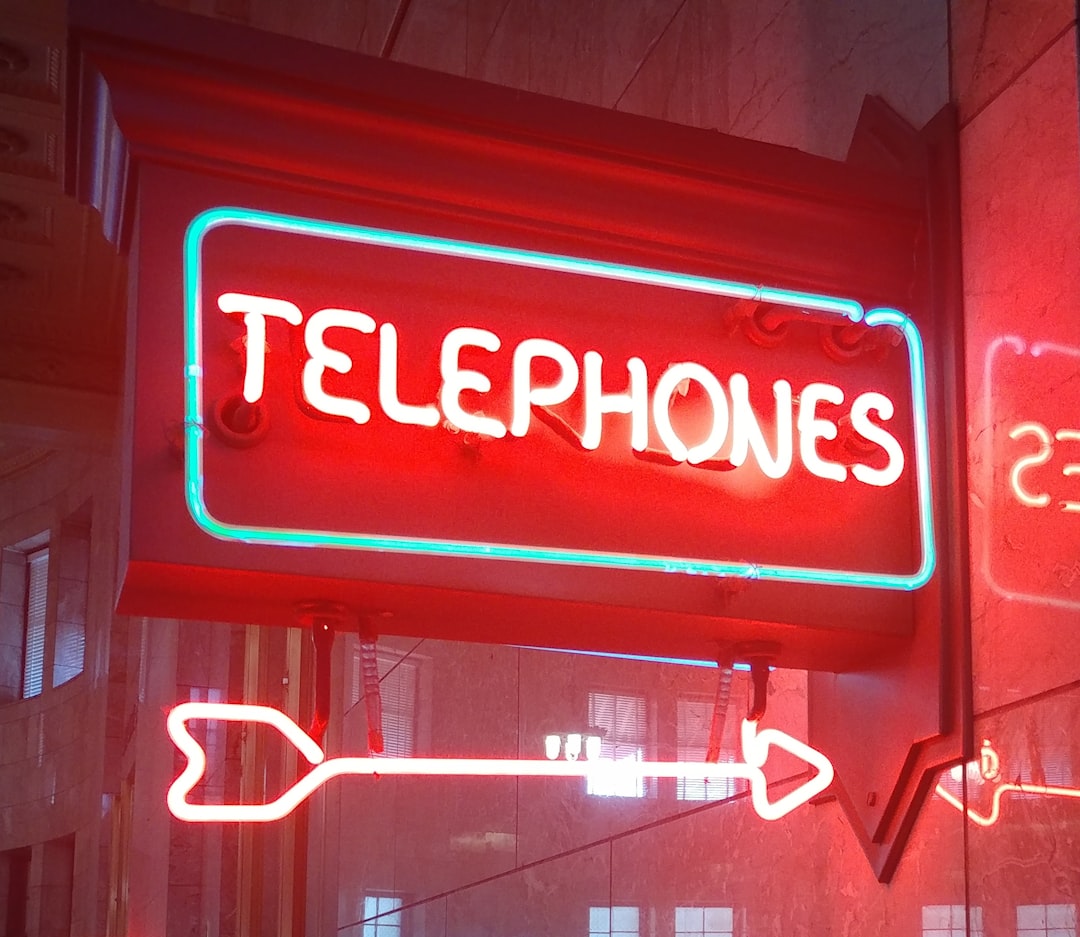In Nevada, both state and federal laws, including the Fair Debt Collection Practices Act (FDCPA), protect consumers from abusive debt collection practices. If facing such issues, consulting a debt collector lawyer is advantageous. Key rights include the "Cease Communication" right, which stops all contact from collectors. A debt collector lawyer guides consumers through this process, respects privacy, and explores resolution options. If rights are infringed, gather evidence and send a cease-and-desist letter; a lawyer can advise on legal remedies. Nevada's strict FDCPA regulations require an experienced attorney to ensure fair treatment.
In Nevada, understanding your rights as a consumer in debt collection processes is crucial. The state has specific laws that protect individuals from aggressive or illegal communication by debt collectors. This article guides you through Nevada’s debt collection cease communication rights, including what they entail and how to exercise them. Learn when and how to take action if these rights are violated, and discover the importance of consulting a specialized debt collector lawyer in Nevada for legal advice and representation.
Understanding Debt Collection Laws in Nevada

In Nevada, both state and federal laws protect consumers from abusive or unfair practices by debt collectors. It’s crucial to understand your rights when dealing with a debt collector in this state. The Fair Debt Collection Practices Act (FDCPA) sets forth guidelines that debt collectors must follow, including restrictions on communication methods and frequency.
If you’re facing debt collection issues in Nevada, consulting a debt collector lawyer can be beneficial. Legal experts specialized in consumer rights can help navigate the complex laws and ensure debt collectors adhere to their legal obligations. They can also provide guidance on how to respond to communications from debt collectors and what actions to take if your rights are violated.
The Cease Communication Rights: What It Means

In Nevada, consumers have specific rights when it comes to debt collection practices, and one of the most powerful tools available is the “Cease Communication” right. This legal mandate allows individuals who are being harassed or contacted repeatedly by debt collectors to demand that the collectors stop all further communication. According to Nevada laws, once a consumer makes this request, debt collectors must cease all attempts to contact the individual directly or through third parties.
When a person in Nevada asserts their cease communication rights, it means that the debt collector cannot call, email, text, or write to them anymore about the outstanding debt. This is particularly beneficial for those who feel overwhelmed by incessant debt collection calls or who have been subjected to aggressive collection tactics. It provides a legal avenue to regain control and peace of mind, ensuring that their privacy is respected while they explore options to resolve their financial obligations. A debt collector lawyer in Nevada can guide individuals through this process, ensuring their rights are protected and offering advice on the best way to proceed with managing their debt.
When and How to Exercise Your Rights

In Nevada, consumers have specific rights when it comes to debt collection practices. According to state laws, a debt collector is required to cease all communication once you formally request that they stop. This right can be exercised at any time during your interaction with a debt collector or their lawyer.
To assert your rights, you should send a written request, often referred to as a ‘cease and desist’ letter, to the debt collector or their law firm. This letter must clearly state your intention to stop all communication regarding the debt. A debt collection lawyer in Nevada can guide you through this process, ensuring your rights are protected and providing legal support if needed.
Taking Action: What to Do After a Violation

If you believe your rights have been violated by a debt collector in Nevada, it’s crucial to take immediate action. The first step is to gather evidence – this could include any communications with the debt collector, records of payments or attempts to resolve the issue, and any relevant documentation related to the debt. Contacting a qualified debt collector lawyer in Nevada is highly recommended. They can provide guidance on your legal options and help you understand your rights under the Fair Debt Collection Practices Act (FDCPA).
Once you’ve documented your case, consider sending a formal letter to the debt collector demanding they cease all communication. This should be done via certified mail with a return receipt requested for proof of delivery. Keep copies of all correspondence and documentation for your records. If the debt collector fails to comply, or continues to violate your rights, consult with your debt collector lawyer about potential legal action, which may include filing a complaint with regulatory agencies or pursuing litigation.
Finding the Right Debt Collector Lawyer in Nevada

When dealing with debt collection issues in Nevada, finding a knowledgeable and experienced debt collector lawyer is crucial. With strict regulations surrounding debt collection practices, it’s essential to have an advocate who understands the legal framework and can protect your rights. A qualified attorney can guide you through the process, ensuring that communication from collectors remains respectful and compliant with state laws.
In Nevada, consumers are protected by the Fair Debt Collection Practices Act (FDCPA), which sets guidelines for how debt collectors must interact with individuals. A debt collector lawyer familiar with these laws can help you assert your rights if a collector violates any provisions. They can also assist in negotiating settlements, disputing inaccurate claims, and ensuring fair treatment throughout the debt collection process.






